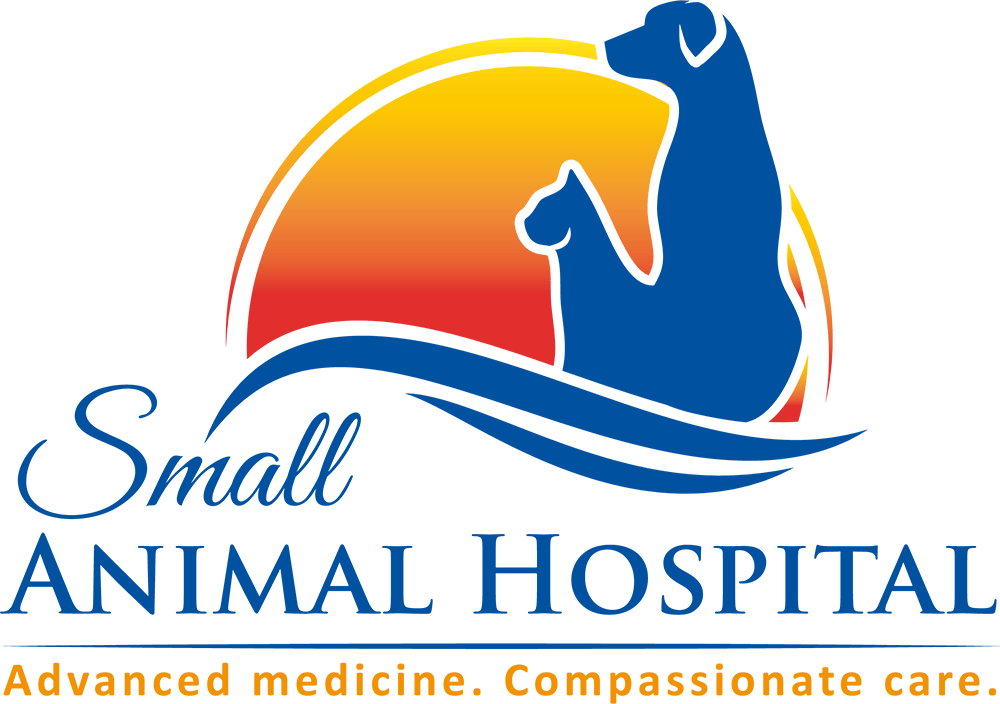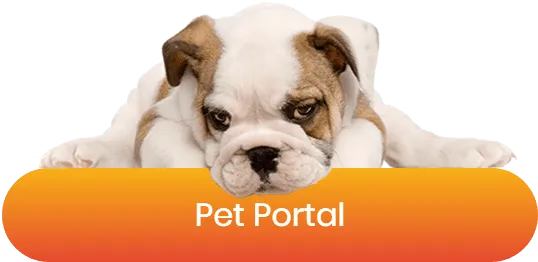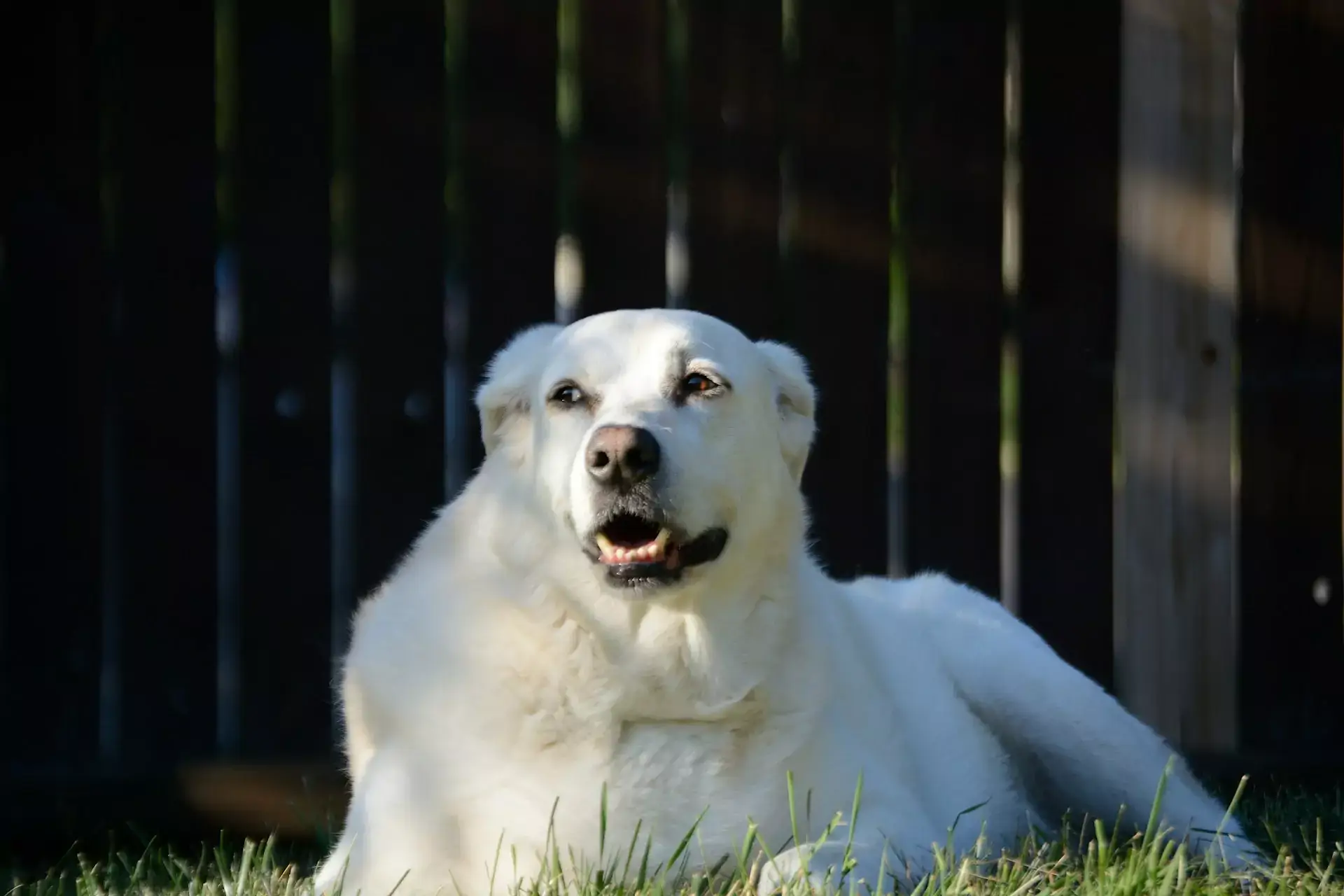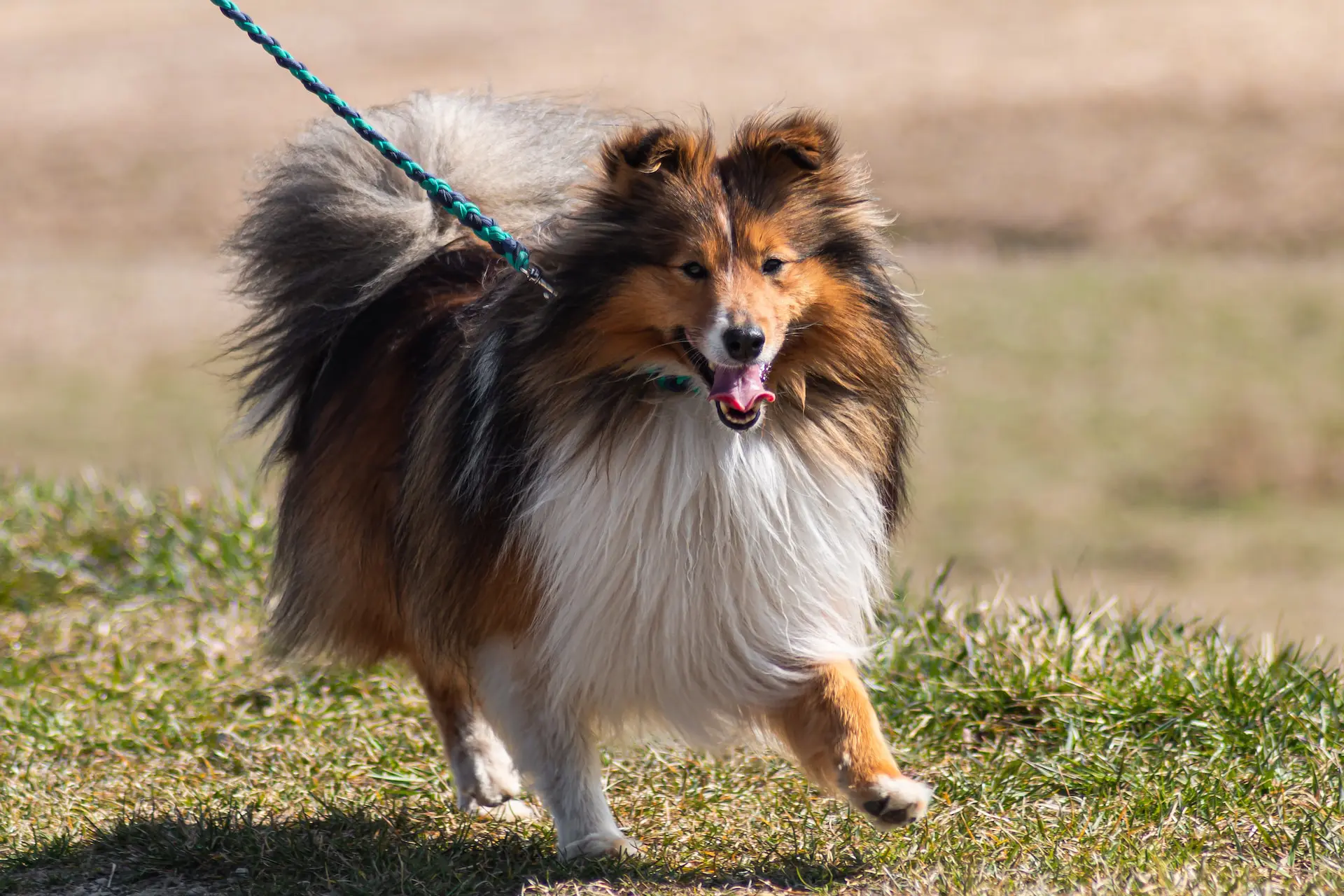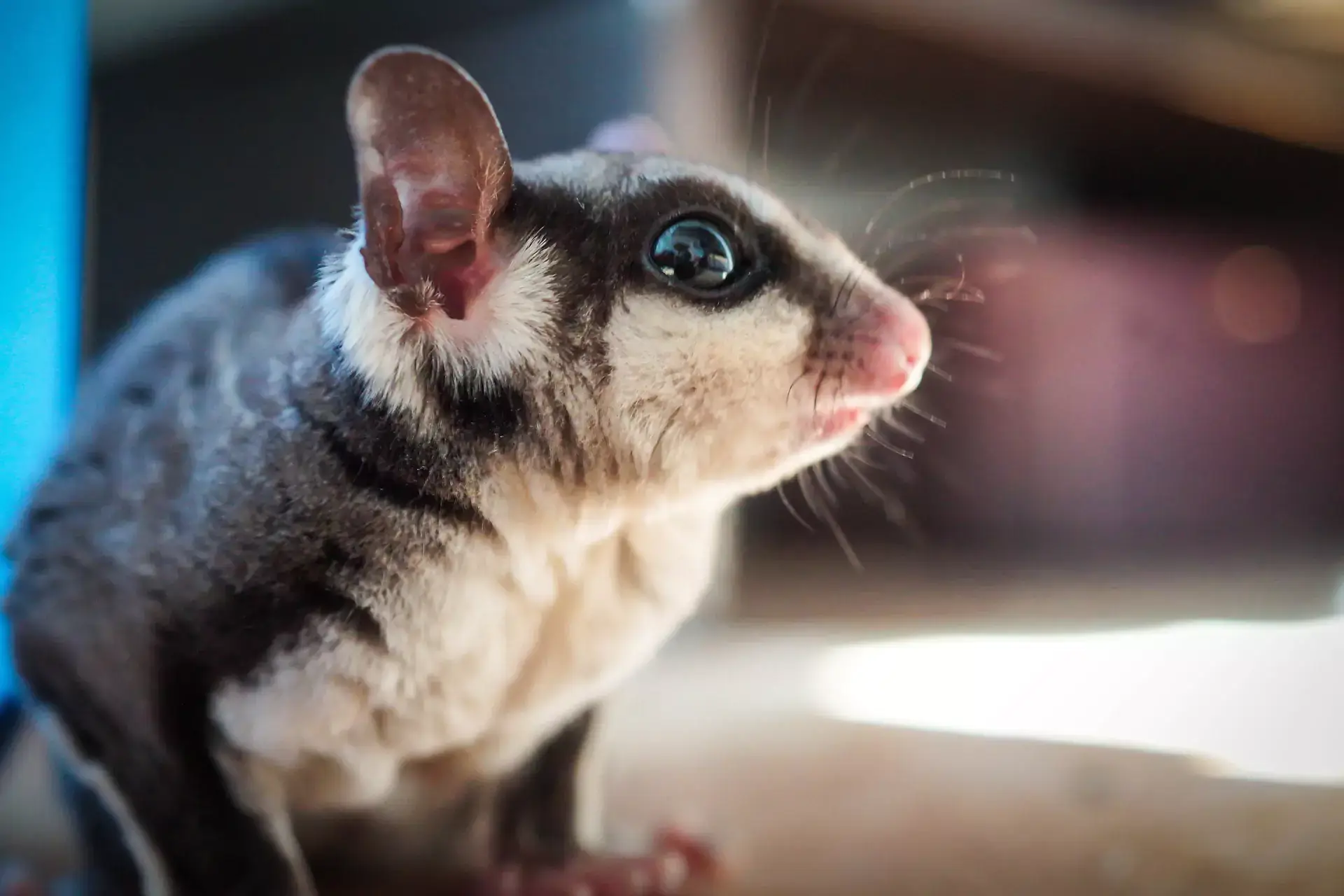How to Keep Your Dog Safe on the Fourth
In just a few days, you’ll be celebrating the Fourth of July with family and friends. It’s also likely that your pet will be included in the festivities! Below, your Edison Park, FL vet offers a few tips for keeping your dog safe on the Fourth.
Careful With Fireworks
Most of our canine companions don’t take kindly to the earthquake-like booms and brilliant flashes of the local fireworks display. It’s likely that your dog will be downright terrified on the night of July Fourth. Never bring your pooch with you to the fireworks display, because it could easily result in a lost pet. More dogs run away on the night of July Fourth than on any other day of the year!
If you’ll be setting off firecrackers or sparklers in your yard or driveway this holiday, take care to make sure your dog isn’t around. These products can also scare dogs into running off, and they can even burn a pet’s face or body if your dog gets too close.
Toxic Food Trouble
July Fourth is often synonymous with picnics and barbeques. Keep in mind that many common human foods aren’t safe for your dog! The list includes grapes and raisins, onions, garlic, chives, leeks, scallions, shallots, avocado, chocolate and candy, caffeinated foods and beverages, salty snack foods like pretzels and potato chips, and more. Don’t give your dog poultry or beef bones—cooked or raw—as they can splinter apart and create shards, potentially cutting your dog’s mouth or throat, or puncturing the intestines when swallowed.
Watch Your Drinks
If your holiday celebrations will include alcoholic beverages, it’s important to keep a close eye on all drinks. Alcohol of all types—liquor, beer, wine, champagne, and even foods cooked with alcohol—can poison your canine companion! Dogs respond to alcohol in the same way that we do, except that it only takes small amounts to cause serious damage. Monitor drinks closely to make sure your dog doesn’t sneak a snip, and never give your dog alcohol on purpose.
Don’t Allow Overheating
It’s the peak of summer in Florida, and that means it’s going to be hot on the Fourth of July. Don’t risk overheating, heatstroke, or heat exhaustion—allow your dog indoors frequently, and provide them with plenty of fresh, cool water to drink.
For more tips on July Fourth pet safety, call your Edison Park, FL animal hospital.
